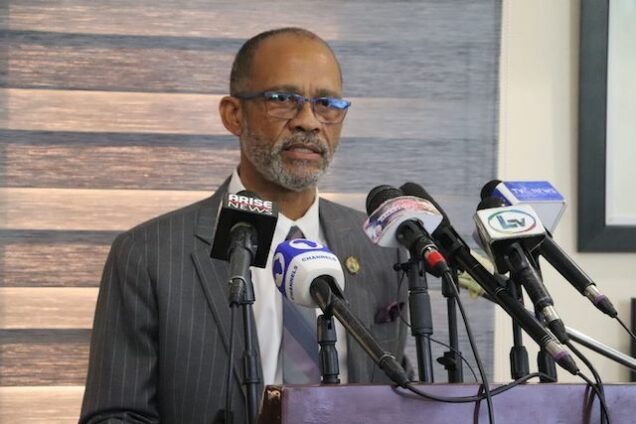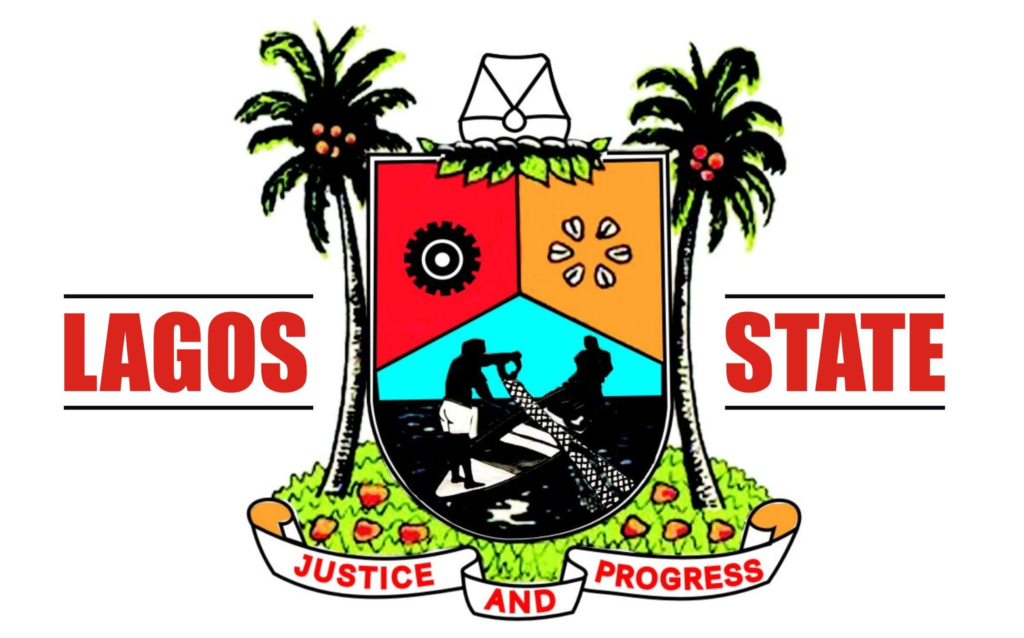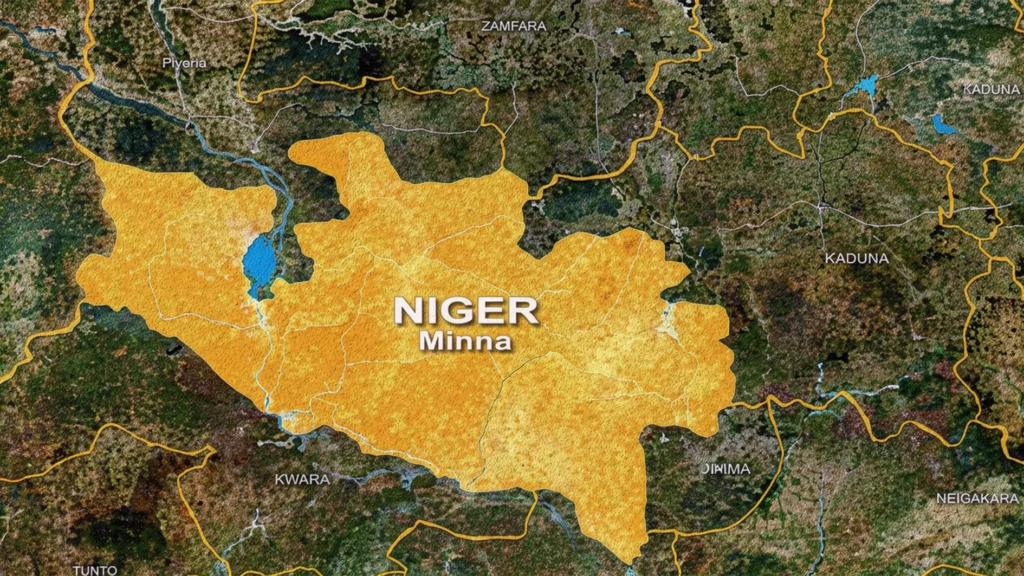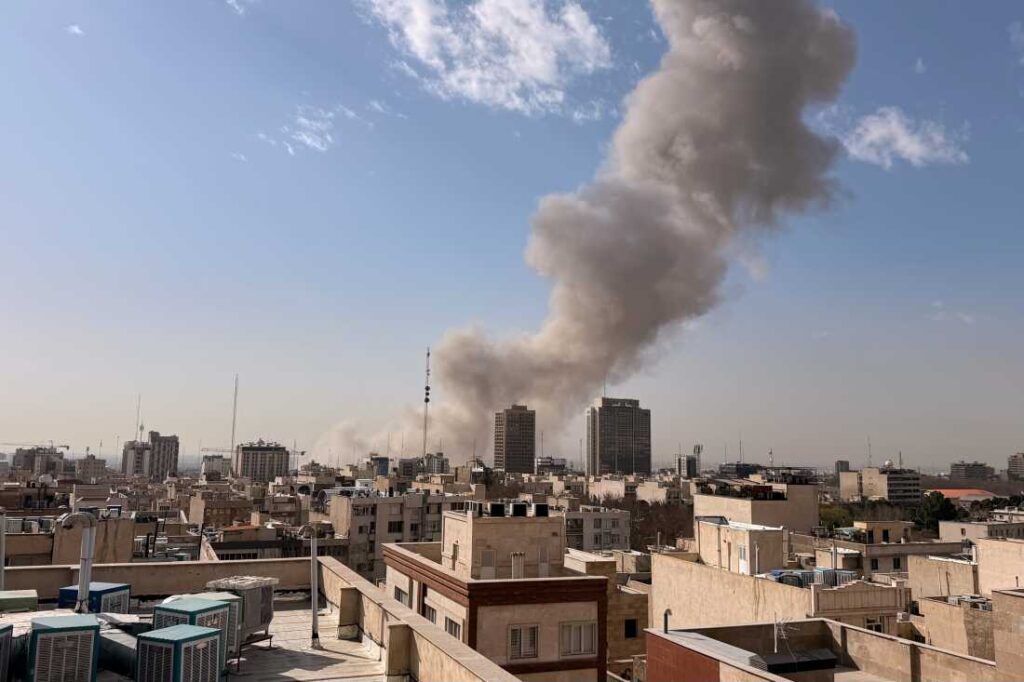The Lagos State government has reported that 15 people have died due to a severe outbreak of gastroenteritis caused by cholera.
Akin Abayomi, the Lagos Commissioner for Health, provided the update on Saturday while discussing the measures taken to control the outbreak.
On June 11, Abayomi noted that five people had died and about 60 residents were hospitalized following a suspected cholera outbreak in parts of Lagos. Cases of severe gastroenteritis have been reported in communities around Eti Osa, Lagos Island, Ikorodu, and Kosofe LGAs.
Tunbosun Ogunbanwo, Director of Public Affairs at the Ministry of Health, quoted Abayomi in a statement yesterday, saying, “Lagos has recorded 350 suspected cases of cholera in 29 wards across multiple LGAs, 17 confirmed cases, and 15 fatalities so far.”
Following the initial alert, the Lagos State Ministry of Health activated its Public Health Emergency Operations Centre (PHEOC) at Mainland Hospital, Yaba, Lagos, to address the rising number of severe gastroenteritis cases. Laboratory tests have confirmed cholera sub-type O-1, associated with more severe disease.
Ogunbanwo stated, “The pattern of new cases per day varies across LGAs according to our ongoing surveillance and monitoring updates. Although this is an increase from the numbers published three days ago, cases are now dramatically subsiding in previously affected LGAs due to our interventions and surveillance efforts; however, we are recording some new cases in previously unaffected LGAs, signaling the need for residents to adhere strictly to precautionary, personal, and environmental hygiene measures.”
To control the outbreak, cholera kits are being prepositioned in health facilities across the state, and efforts include the distribution of oral rehydration solutions (ORS) and public health education campaigns. Residents are advised to drink safe water, thoroughly cook food, maintain personal hygiene, wash hands regularly, use sanitizer, and avoid overcrowded places, especially during the Ileya festive season.
“Reporting symptoms like watery diarrhea or vomiting immediately is crucial to save lives and prevent transmission to other community members. Treatment for suspected cholera is provided free of charge at all government facilities as part of the government’s standard public health response,” added Ogunbanwo.


























